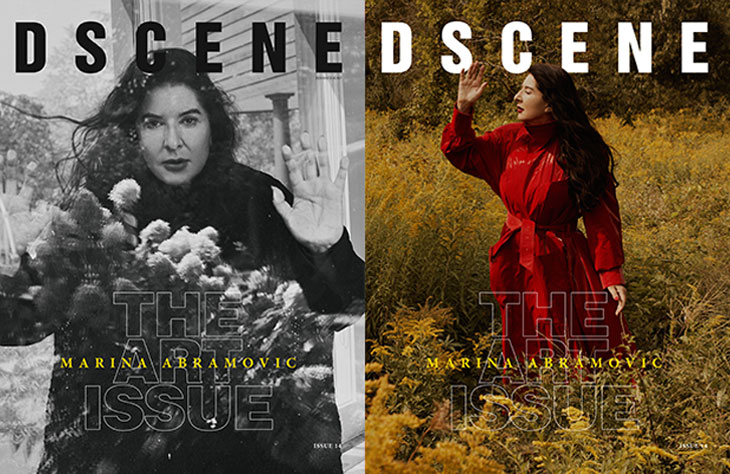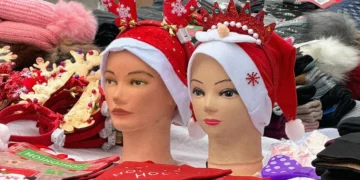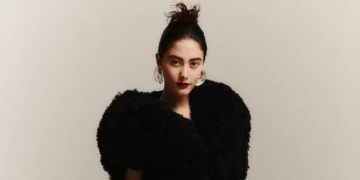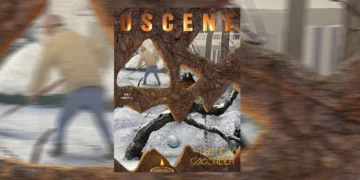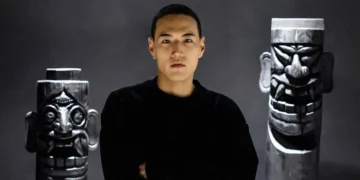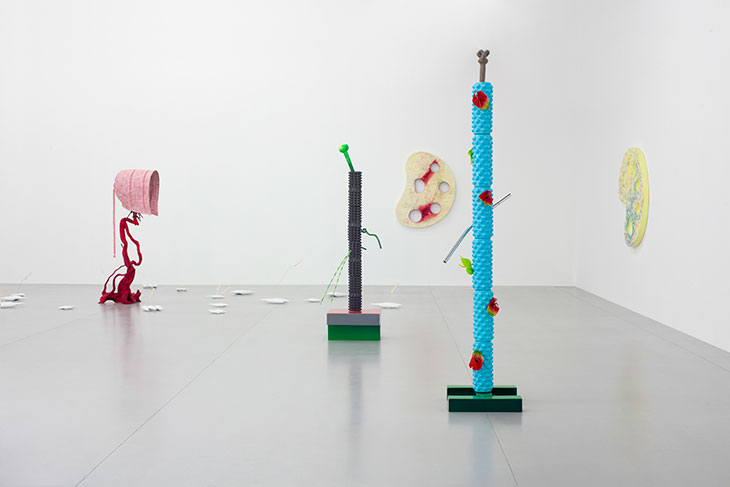
GUAN XIAO talks to our Editor KATARINA DJOIRC about Beijing, the digital generation as well as the notion of “past and present”.
DSCENE 014 IN PRINT $12 OR DIGITAL $4.90
Read more after jump:
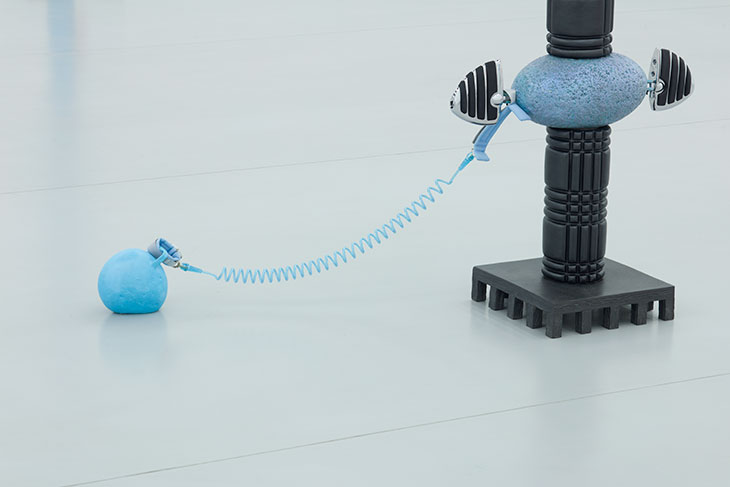
When did you begin to do art, and why? I started to do it around 2010 because I wanted to do something where I could make decisions from beginning to end.
You live and work in Beijing. Do you think the place of residence is important in today’s world? It depends. I think the space of reality is irreplaceable, today and in the future. We are actually forced to give up the offline world to some extent. Besides, we cannot choose where we’re born; this ignorable condition is a very important element of what formed us and what makes us different.
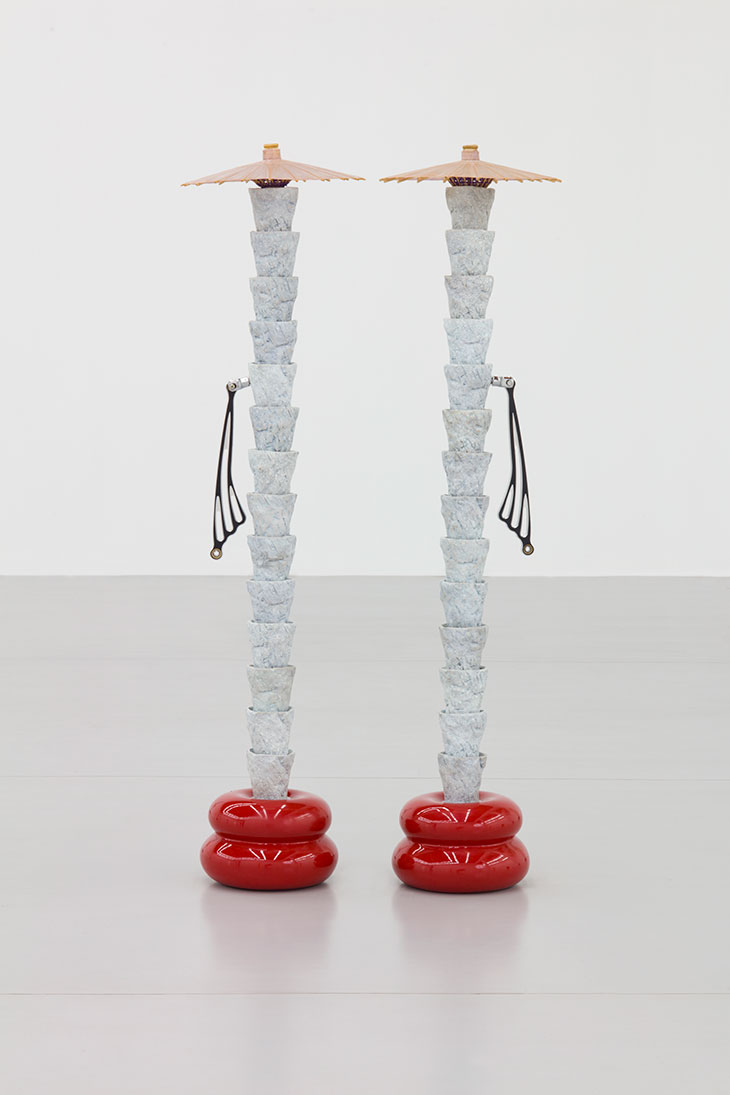
You have a very specific point of view about the world. Where do you see our place as human beings within it? I don’t know how much of my work you’ve seen, but I think everything we’re doing right now goes against what we really need in our hearts for the future. I once wrote: “Past is the future that I’m dreaming of.”
As a representative of the new digital generation, do you think your work represents the need for new aesthetic values? I’m not sure if “represents” is the right word, but every artist reflects the aesthetics of their time to an extent.
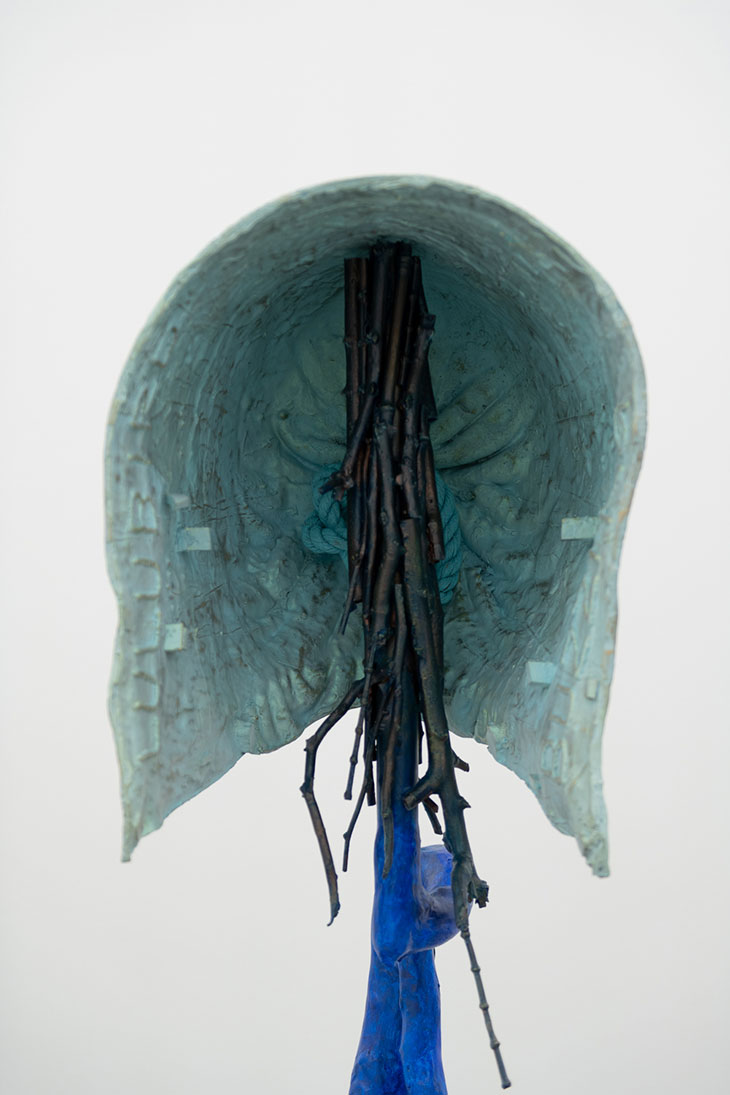
Identity is a concept that exists within a certain period of time, or within a certain space, or certain conditions. Once beyond a certain time, space, etc., this identity vanishes.
Your work addresses the ways viewers read and respond to visual cues. Are you trying to create some sort of a universal language? It wouldn’t be a “universal language,” because we already have that – the five senses, for example. But no one would believe it. That’s the problem now, we do not believe unbelievable things anymore. Everything needs to be proven to be believable, but that ruins things.
View this post on Instagram
You say identity is an outdated concept and that we can change it. What is identity according to you? Identity is a concept that exists within a certain period of time, or within a certain space, or certain conditions. Once beyond a certain time, space, etc., this identity vanishes.
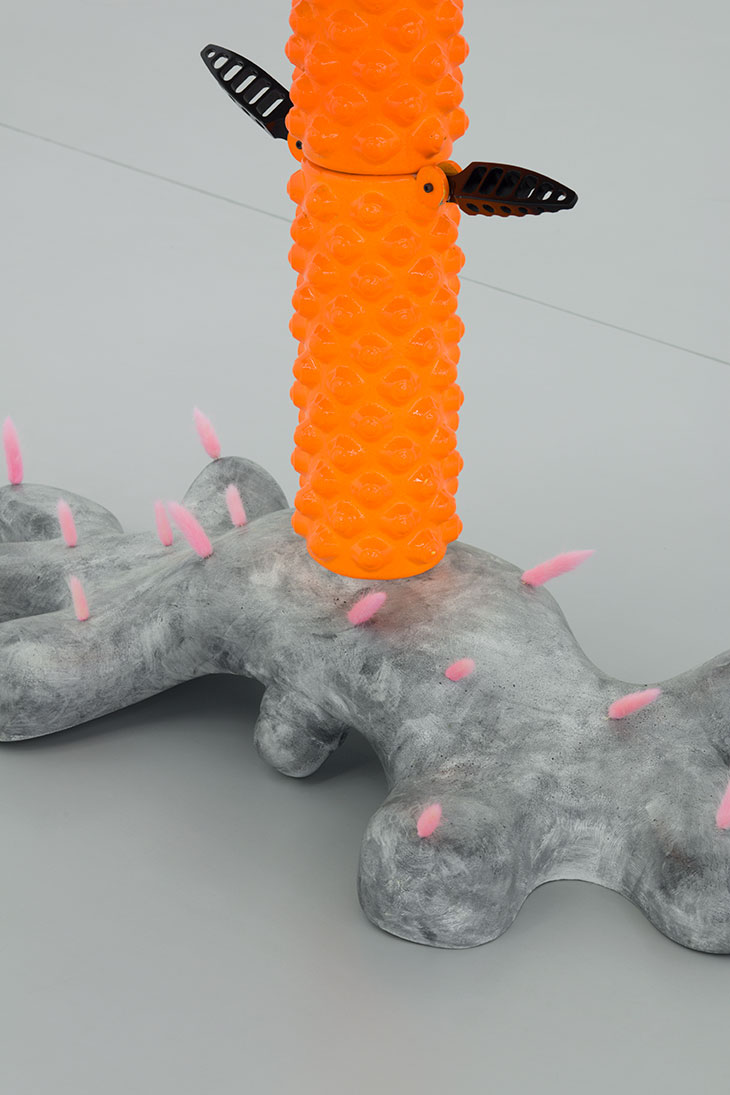
Surfing the internet plays an important role in your practice. Are you searching for something specific or things just find you? As it turns out, it’s often both. Like things that happen on the street.
In your video work you take images out of context and arrange them according to your personal logic. In the end, it’s not about the image and its context, but the very first reaction they provoke. Is there a universal message behind your work? To me, life is made up of millions of fragmented moments, and we exist only in this present moment. However, these fragments are collected by us and we build them into a block, which we then call memory. The way I work with videos reflects my understanding of this.
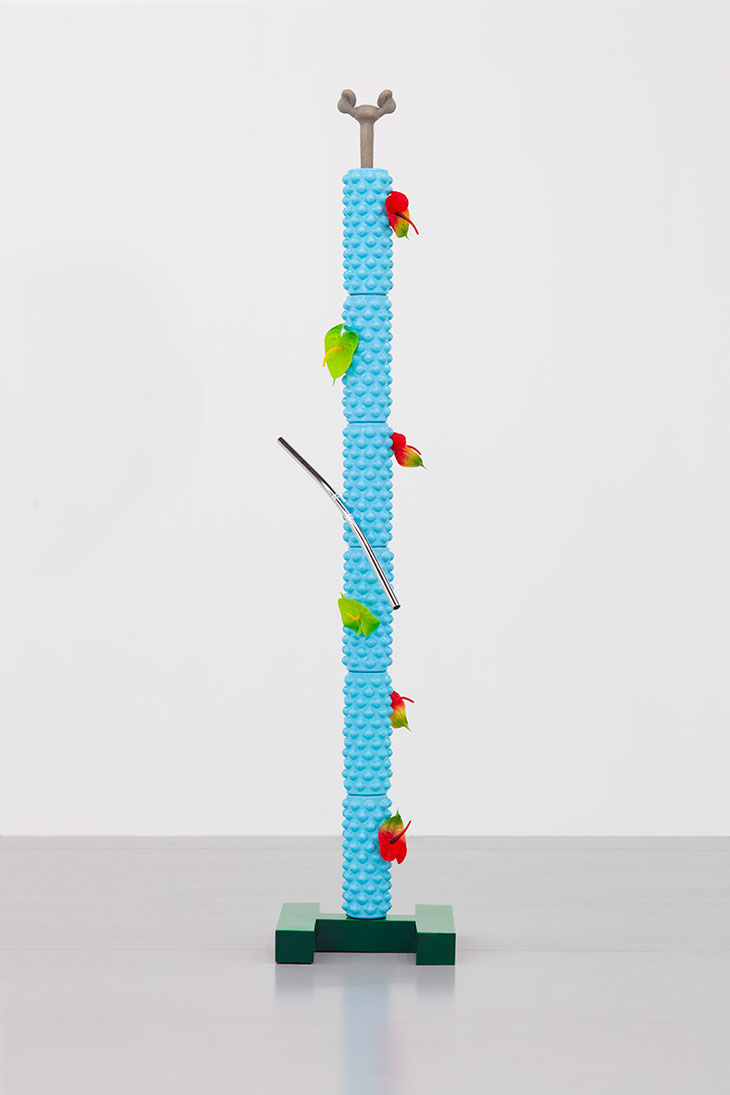
I’ve never done art “from the future”, nobody can. I just don’t really believe in linear time. I don’t know where we need to go and I won’t go anywhere.
Your work juxtaposes references from the past and present, trying to create art facts from the future and erase the concept of linear time. How does your work reflect where we are now and where we need to go? I’ve never done art “from the future”, nobody can. I just don’t really believe in linear time. I don’t know where we need to go and I won’t go anywhere.
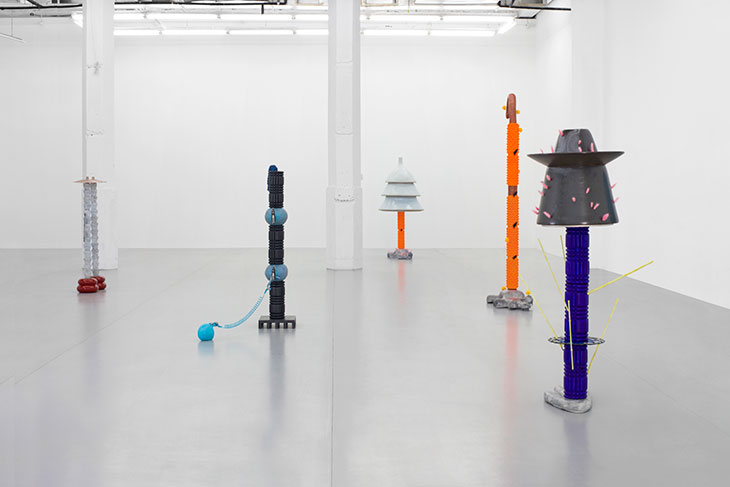
Technology gives us access to the world, but at the same time, it’s closing the door to direct perception and communication with our own environment. What do you see as the pros and cons of the technological revolution? I believe that the technological revolution should be taken as a tool to help us understand the world from different perspectives, rather than as a dualistic concept, which is regarded as a kind of “good” or “advanced” one. It is this flawed value that has become an obstacle to our perception.
In your work, you are always seeking and constructing contradictions. Why is that? To me, things are inherently contradictory. Able to be Dissolved is proof of richness to me.
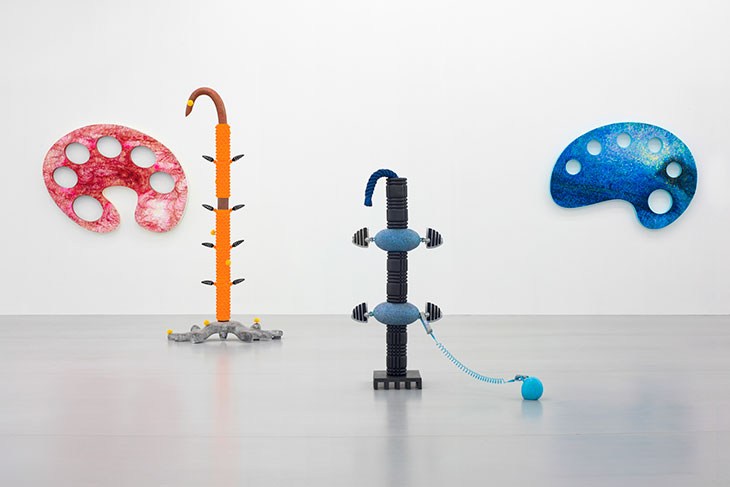
What are you working on right now? My solo show next year in Berlin, and also some new pieces for the Luxembourg Museum.
Are you pessimistic about the direction the world is heading in? Absolutely yes. The world may not change for the better, but we can.
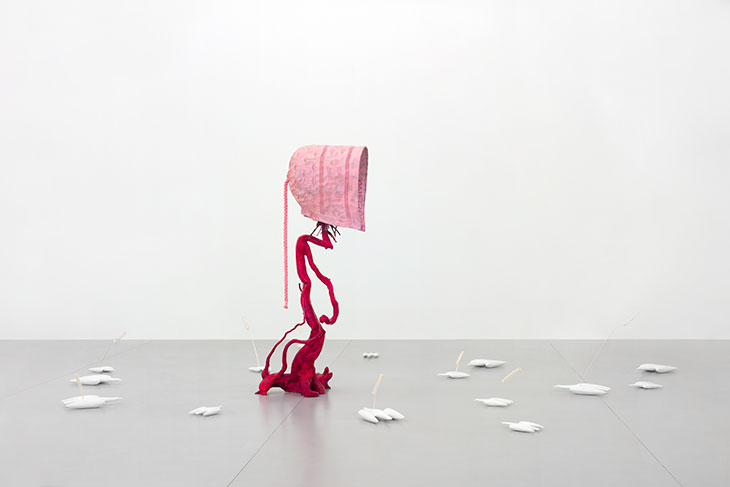
What do you think will happen with the art world post-corona? I think this is already a doomed industry. Art will not disappear from the world, but it may disappear from the art business system in the future.
How have the past few months been for you? Trance, anxiety, despair, waiting, calm, every day. Life.
